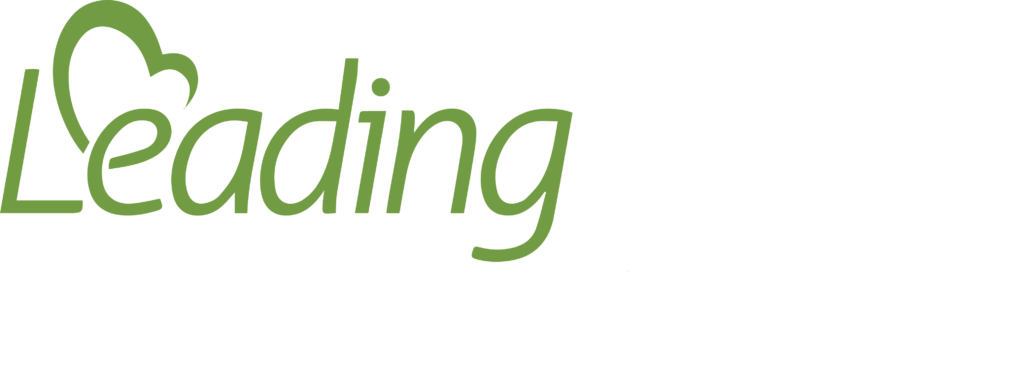Elder Care Financing
Forty percent of those over 65 will receive some form of long-term care services during their lifetime, and one-third will need nursing home care at least once, with the average stay being one year. Government subsidies exist for some programs but are limited in terms of individuals covered, services covered, provider recognized and payment rates. There are five general sources of payment for long term care services.
Personal Resources
Due to the limitations of Medicare and Medicaid, most of the costs associated with long-term care are met by personal resources of the individual or his/her family. The cost of community services (home health, homemaker, etc.) are in addition to the individual’s ongoing obligations for food and shelter; the cost of assisted living and nursing home includes room and board.
Medicare
Coverage is limited to short-term medically necessary services to recover from an acute illness or injury. Except for physician services, Medicare does not cover ongoing cost of chronic health care needs. A form of Medicare coverage (Medicare Plus Choice or HMOs) generally provide some extra coverage but restricts the number of providers and number of covered days. For more information about the scope of Medicare services, contact (800) 638-6833.
Medicaid
Covers many long-term care services (e.g. nursing home care and pharmacy) for those with chronic health care needs and whose income and resources are below certain levels. The program is administered by the state and is financed by the state and federal government with numerous financial eligibility requirements — including a prohibition against transferring assets in order to qualify for Medicaid. For more information, contact the Department of Human Services in your county.
Local Programs
Some communities have senior services such as home-delivered meals, congregate dining programs, homemaker, home health, adult day services, respite care or transportation. Most local programs have sliding fee scales, and every program is different. Check with your Areawide Agency on Aging for more information.
Long-term Care Insurance
A number of private insurance plans are now available which cover up to predetermined maximums both institutional (nursing home and assisted living) and community services (e.g. homemaker, adult day services, etc.). The premiums vary based on the age and health of individuals covered, the type and number of services covered, and other features selected such as inflation protection, waiver of premium and nonforfeiture. As with medical insurance, the premiums are subject to adjustment due to actuarial studies and may be partially income tax deductible.

